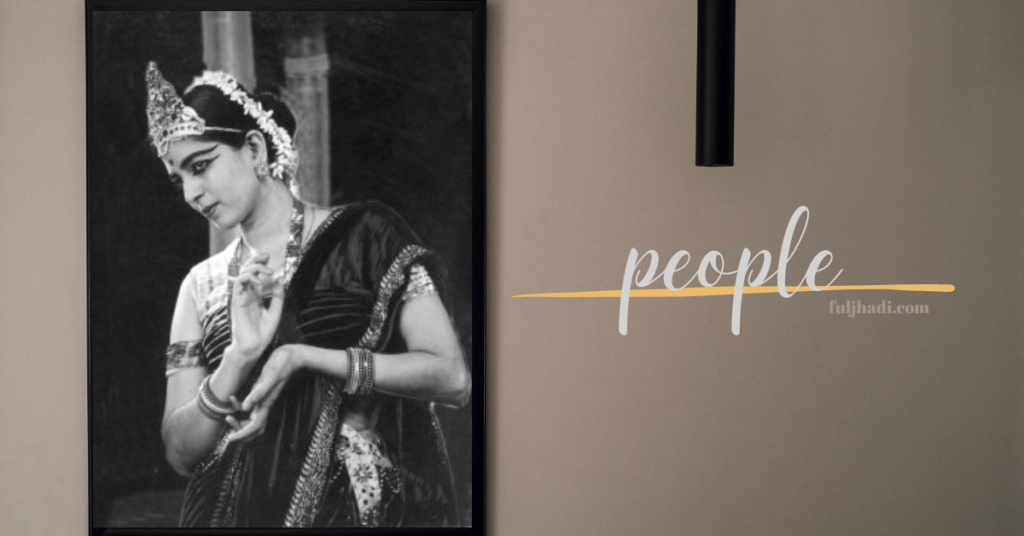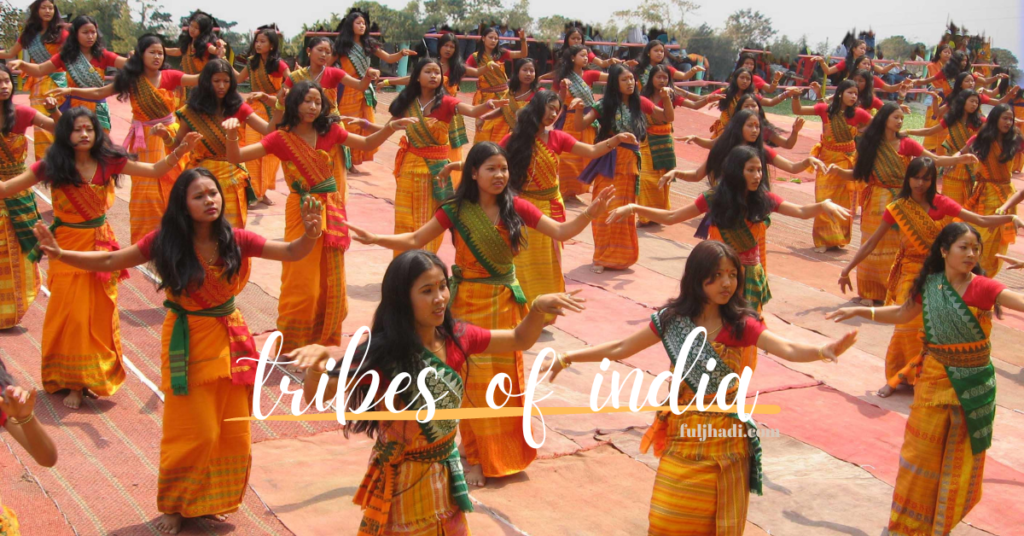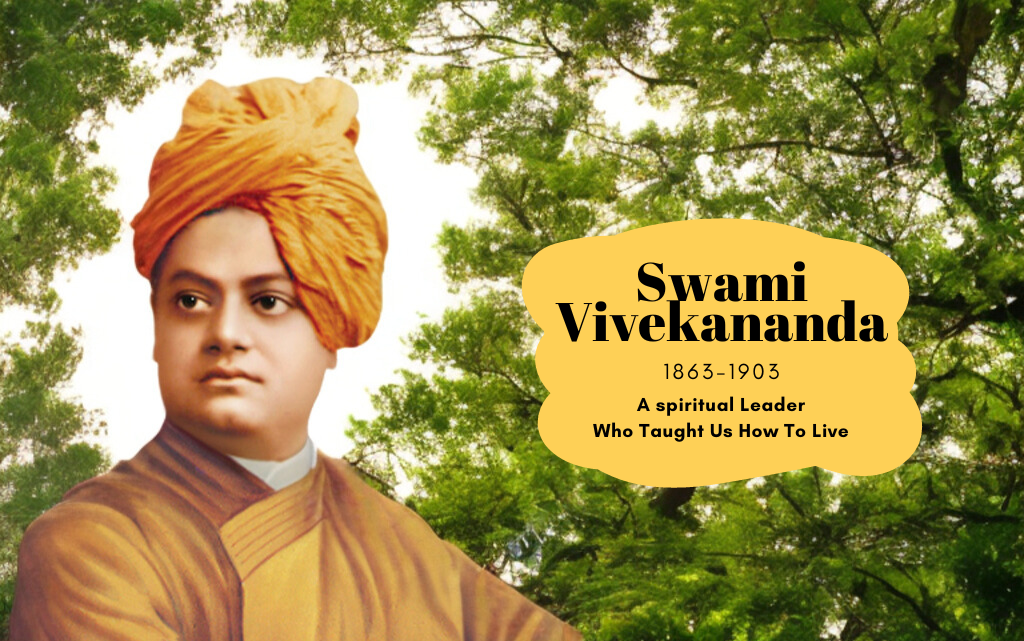The revival of once a dying Indian classical dance form Bharatnatyam is credited to Rukmini Devi Arundale. Rukmini Devi was a dancer, choreographer, and activist in India. She was also the first woman nominated for election to India’s upper house parliament, the Rajya Sabha. This famous cultural activist is known to play a crucial role in reviving Bharatnatyam. Before that, Bharatnatyam was considered a low and vulgar art form.

Early life and introduction
Rukmini Devi Arundale was born in Madurai, Tamil Nadu on 29th February 1904. She was born into a Brahmin family. From childhood, she was interested in music, literature, and spirituality. She was not only curious but also a bright child. She completed her education at home. Rukmini Devi’s father had a transferrable job, so her parents taught her at home and arranged private tutors. As a student, she excelled in music, dance, and languages. She got married at the age of 16 to a prominent British Theosophist, George Arundale. Her husband was a close associate of Annie Beasant.
Meeting Annie Beasant and her influence
After retirement, her father built a home near the headquarters of the Theosophical Society. Here, she got exposure to theosophy and new ideas on culture and different art forms. She met Dr. Annie Beasant in 1917. Apart from her father, she greatly influenced Rukmini Devi. Dr. Annie Beasant was herself a promoter of Indian culture and heritage and also a women’s rights activist.
Bharatnatyam, the revival story
In the early 20th century, Bharatnatyam was forbidden for Indian girls as it was associated with devadasis (women who serve the temple for the rest of their lives) and considered vulgar. It was the time when Rukmini Devi met Anna Pavlova on a ship to Australia. Anna Pavlova was a legendary Ballet dancer. She encouraged Rukmini Devi to explore the dancer within and seek inspiration in Indian Classical dance forms. Taking the advice, Rukmini Devi started studying Bharatnatyam. She is also co-credited to have named Bharatnatyam, originally called Sadhir.
Rukmini Devi and E Krishna Iyer modified the Pandallur style of Bharatnatyam, removing the extra sringaar and erotic elements. Her first performance on stage came in 1935 at the Diamond Jubilee Convention of the Theosophical Society. With her determination, she revived the dying dance form and restored its glory. She inspired many famous dancers to come and set the stage for them.
Trivia: In 1977, President Fakhruddin Ali Ahmed passed away before completing his term. Then Prime Minister Morarji Desai offered Rukmini Devi Arundale the position of President of India, but she refused politely. She would be the first woman president of India if she accepted the offer.
Foundation of Kalakshetra
In 1936, Rukmini Devi and her husband established an academy of dance and music at Adyar, near Chennai. They named it Kalakshetra and based it on the principles of the Gurukul system. Now, the academy is a deemed university under the Kalakshetra Foundation in Thiruvanmiyur, Chennai, Tamil Nadu. Working towards traditional values in Indian arts, the academy produced many notable students.
Awards and honors
Rukmini Devi became a prominent personality in the following decades. She became the first woman nominated to the Rajya Sabha (Upper house of the Indian parliament) in 1952. As well as re-nominated in 1956. She also received the Padma Bhushan (India’s 3rd highest civilian award) in 1956 and the Sangeet Natak Akademi (National Academy of Music, Art, and Dance) Award in 1957. Rukmini Devi was crucial in passing the Prevention of Cruelty to Animals Act and setting up the Animal Welfare Board of India.
Rukmini Devi Arundale’s legacy
Rukmini Devi Arundale’s legacy is of cultural revival and social reforms. She passed away in 1986 at the age of 82. Many public and private institutions recognized and celebrated her contributions to Indian culture and society. A postage stamp released in 1987 featured Rukmini Devi. In 1994, the Indian government declared the Kalakshetra Foundation an Institute of National Importance. Google also honored her with doodles in 2016 and 2017 on three occasions, including her 112th birthday.
Conclusion
Rukmini Devi remains one of the most influential personalities in Indian cultural history. Her life and work will continue to inspire many to pursue their passion and make a difference in the world.


